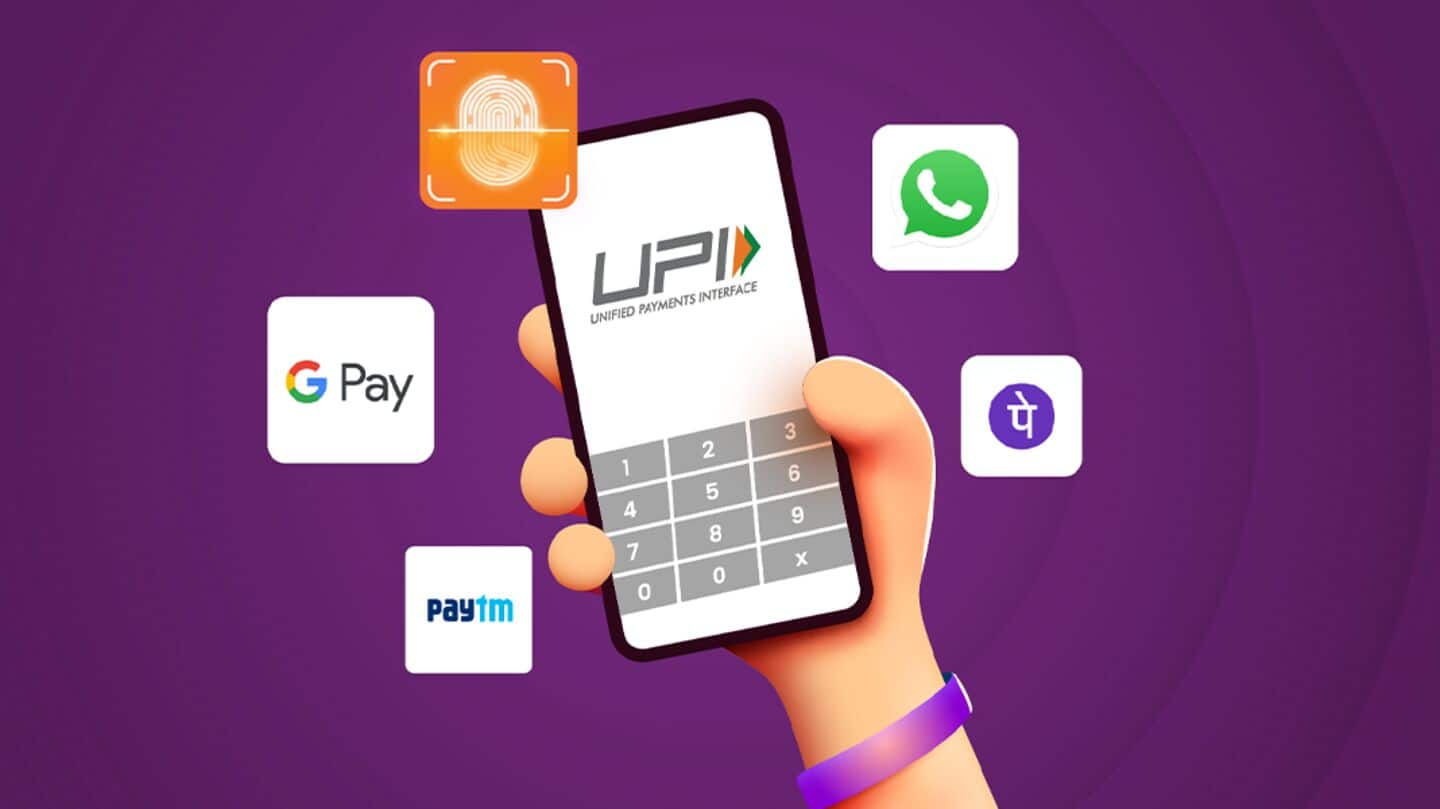
UPI may soon let you pay using just your fingerprint
What's the story
The National Payments Corporation of India (NPCI) is reportedly considering biometric authentication for UPI transactions. This would let users approve payments using their fingerprint or facial recognition instead of entering a PIN. Currently, every UPI transaction requires a 4-6 digit PIN for confirmation. The proposed feature will allow biometric authentication instead, speeding up payments while maintaining strong security.
Enhanced accessibility
Biometric systems could help reduce fraud
Biometric authentication could make UPI transactions smoother and more accessible. Rohit Mahajan, founder and Managing Partner at Plutos ONE, told Economic Times that this move could benefit many users who struggle with remembering passwords. He also said biometric systems could help reduce fraud as physical traits are harder to duplicate or steal compared to PINs.
Operational adjustments
Changes to UPI operations from August 1
Separately, NPCI will also bring some operational changes to UPI from August 1. One major change is the cap on how many times a user can check their bank balance through UPI apps. The limit will be capped at 50 times per day per app. However, users will see their updated bank balance after every successful transaction, which could reduce the need for repeated balance checks.
Additional restrictions
Scheduled payments will only be processed during off-peak hours
Another major change is for scheduled payments. Auto-debit payments like monthly EMIs or subscriptions will now be processed only during off-peak hours before 10am or after 9:30pm. This is to reduce server load during high-traffic periods. Also, users can only retrieve bank account details linked to their mobile number 25 times a day and check the status of a pending transaction only three times with a gap of 90 seconds between each attempt.